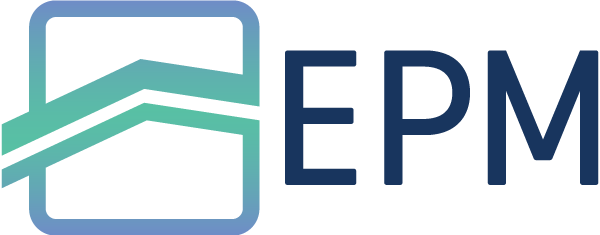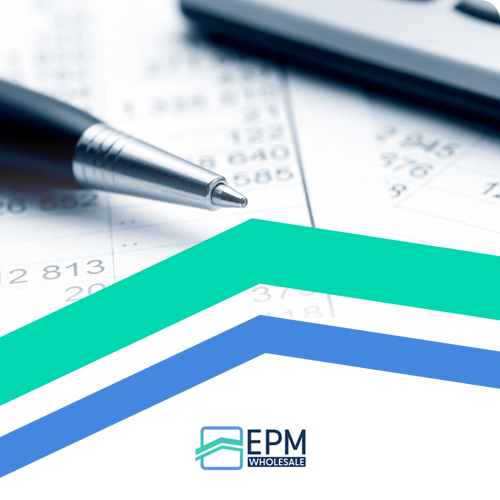If not, a budget might be the tool you need for your brokerage. Here is how to create and use a budget to manage your business.
Budget Basics
Although you are already tracking income and expenses, you might need to start categorizing your inflows and outflows. Some categories to start with are advertising and marketing, education, certifications, and licensing, taxes, office expenses, and utilities. If you have employees, you will also need to categorize payroll and other employee expenses.
Don’t go overboard on categories at this point. They may seem useful, but if you have too many categories, budgeting will become onerous, and you’ll likely lose sight of the big picture.
You can do this on paper, with a spreadsheet, or using an app or accounting software.
Assess Your Budget
Check your expense categories to see if anything is out of line or needs more attention. For example, if you rent space, is your rent increasing more than expected? Is your marketing getting adequate funding? Are there any budget categories that you need to cut?
You should review your budget periodically to ensure your expenses are steady and your income covers your needs.
Forecasting
After you create and assess your budget, you can use it to forecast your future income and plan for significant expenses. When planning for income, it is wise to lowball your estimates to account for any slow periods that may occur. And with expenses, it is wise to factor in an extra 5 or 10 percent to ensure you can cover increases that happen throughout the year.
You can also create business sinking funds for bigger expenses to ensure that you have adequate savings to cover them when they come due. These funds are an excellent way to plan for annual costs and upgrades.
If you find that cash flow sometimes falls below your needs, you can consider taking out a line of credit for your business to ensure that bills don’t have to wait until cash flow recovers.
Setting Goals
Now that you have forecasted your year, you can start setting goals for your future. If you want to normalize your cash flow or increase your spending in specific budget categories, you can look for ways to grow your income. Or you might find that you want to focus on cutting expenses or exploring more efficient ways to do business. Finally, you may see that your spending doesn’t match your priorities, and you need to shift spending among budget categories.
Don’t’ focus only on financial goals, though. Now is the time to consider different areas of the mortgage business you’d like to serve or ways to grow into those areas. Then you can decide whether those goals will have budget implications you need to account for in your forecasting.
Business budgeting can seem unnecessary as long as you make sure you’ve got enough funds at any given moment to cover expenses. Still, it can help you focus more on the big picture and effectively plan for your future.
Find more resources for brokers on our website.
Equity Prime Mortgage LLC NMLS# 21116. www.nmlsconsumeraccess.org All Rights Reserved. Copyright © 2022.


